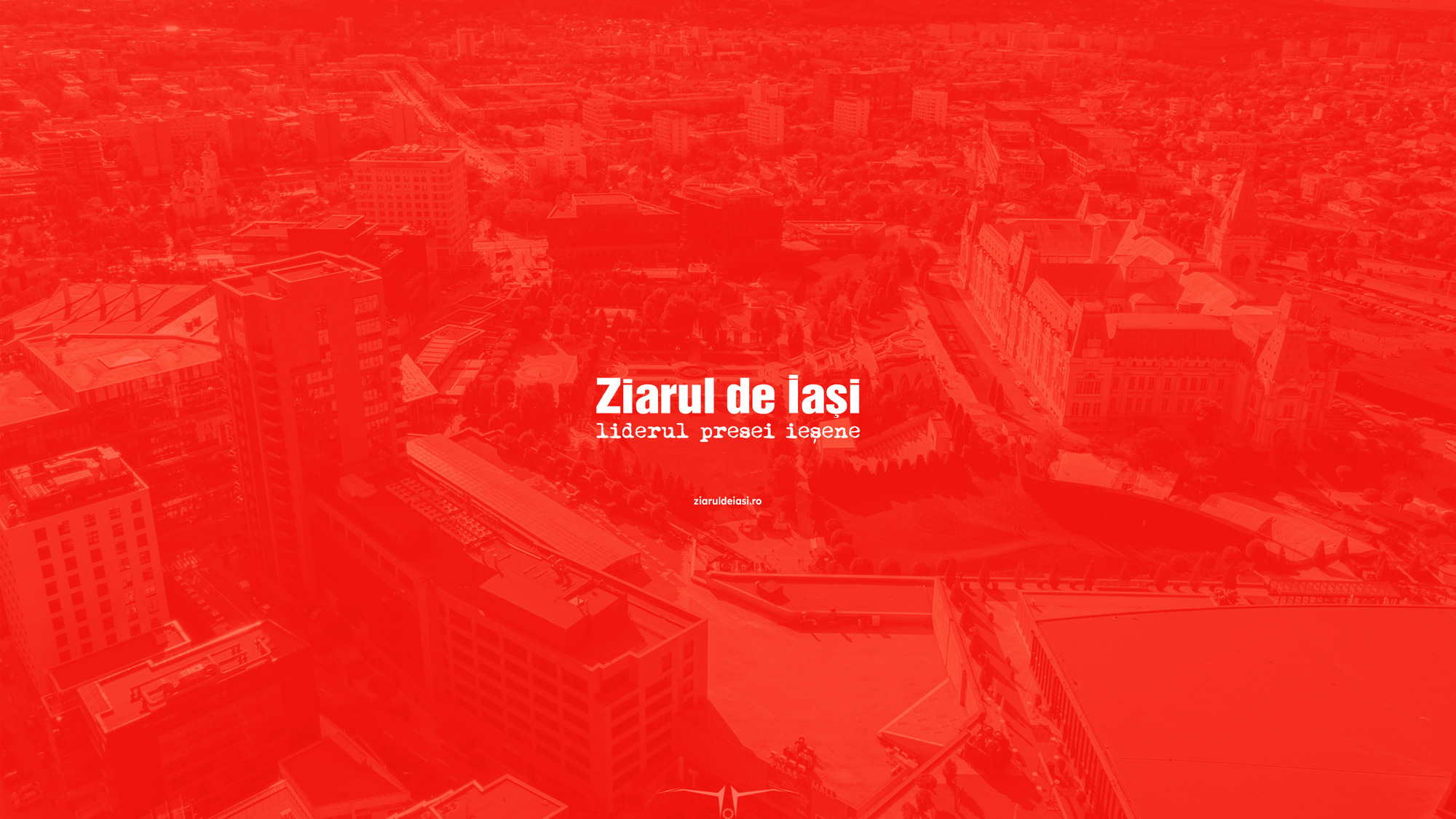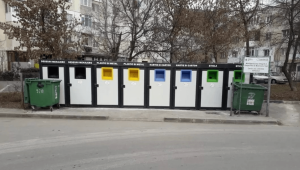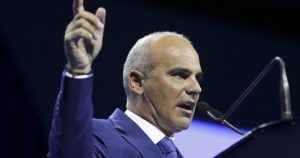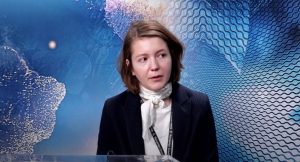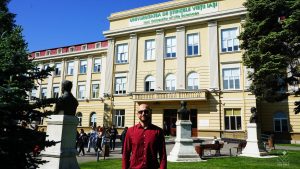
We cannot say too many things about the Nastase government. No serious discussion can be initiated on this topic without mentioning the government’s program. However naive we might be, we cannot detect a program in PDSR (Social-Democracy party)’s electoral declarations. We shall know what Adrian Nastase intends to do only after his program is presented in front of the Parliament.
At the same time, we shall get to know his real intentions only after he puts them into practice.
But until then, we may notice that he is working on something which might be called stylistic reform.
The new Premier is trying to make us feel that the ruling and decision-making style is going to change.
Nastase wants to turn the negotiations, hesitations and the indecision into efficiency, rapidity and determination. Profiting by the fact that he wasn’t suposed to administer the difficult relationships inherent to any coalition, Nastase chose the members of his team very rapidly.
But let’s analyze some dimensions of his stylistic reform. From the very beginning, Nastase altered the government’s structure – he created new ministries, changed the names of some older ones and reorganized others by associating new governmental agencies. The creation of some new ministries says us something about the intentions of the new executive team. For instance, the creation of a Ministry of Public Information tells us that Nastase has understood the imperatives of communication in the reforming process. One of the factor which provoked the failure of the former government was the discrepancy between the official discourse and the population’s agenda.
The Minister of Public Information will be Vasile Dincu, the director of the "Metro-Media Transilvania" institute. It is very likely that Dincu’s institute will become an audit organization through which Nastase will evaluate the society’s state and needs.
The Premier really needs a refined instrument which might help him assess the social tensions because there is a large distance between the ethos transmitted by PDSR and the imperatives indicated by international organizations. It is the communication process’ mission to diminish the tensions between the population’s expectations and the governmental policies.
The older Ministry of Reform was replaced by a Ministry of Development and Prognosis. In one of his interviews, Nastase declared that we should give up the word "reform" and replace it with "development". This statement helps us perceive Nastase’s effort of leaving the conceptual frame which has been undermining PDSR’s identity so far. The term "reformist" has an explicit antonym – "anti reformist" (a label which still identifies PDSR), whereas the word "development" doesn’t have such an opposite term.
The Ministry of Internal Affairs has beeen turned into the Ministry of public Order and the Ministry of Labor and Social Protection has become the ministry of Labor and Social Solidarity. These are two more signals – social solidarity and public order – two elements which were missing from the former government’s program- will become a concern of the new government. The same type of change characterizes the appearance of some new names designating persons who will hold important positions, such as Ioan Rus, Ilie Sirbu, Dan Nica.
The implicit mesage transmitted by all these new names is that PDSR will try to abandon the centralistic model by resorting to people who know the realities of the provinces.
Another important element is the merging of the Ministry of Transports with that of the Public Works.
These two ministries profit by the most important sums of money within the Executive. The fact that the new ministry wil be co-ordinated by one of Nastase’s men, i.e. Miron Mitrea, means that the Premier will try to control the vital points of the executive so as not to have authority-related problems.
At the same time, we can notice that, for the first time after 1989, the function of Premier is held by a figure who has complete political authority. After Ion Iliescu’s resignation, Nastase is very likely to become the PDSR president. The supporters of Ioan Mircea Pascu are not very outstanding personalities. Since Nastase is the new Premier, the government’s evolution will be strictly associated with PDSR; moreover, many vice-presidents of this party have already become ministers.
This time, Iliescu has a much more reduced possibility of controlling the party. Nastase has been waiting for this moment too much in order to accept a diminution of his power. The next four years won’t be labeled as a new "Iliescu regime", i.e. a personalized regime which controls the party and the ruling structures. The "organization" has become stronger than Iliescu and Nastase. The latter has been elected Premier by a party, not by the President, as the Constitution requires it. Romania doesn’t live anymore under the sign of all kinds of providential characters – it has become a country ruled by parties. Let’s wait and see for how long this will last.
(Adrian CIOFLANCA)

